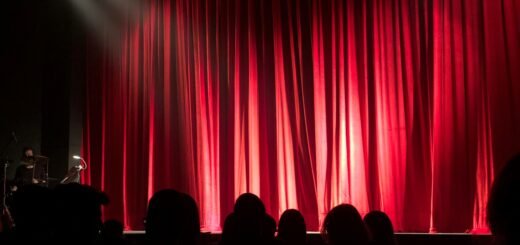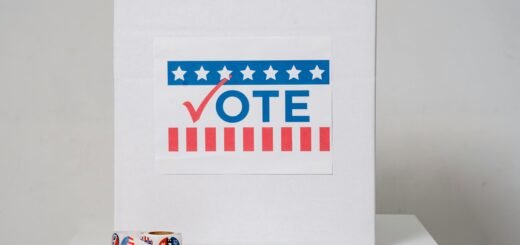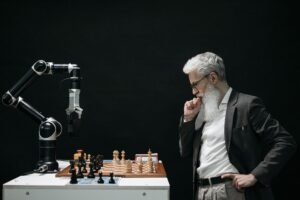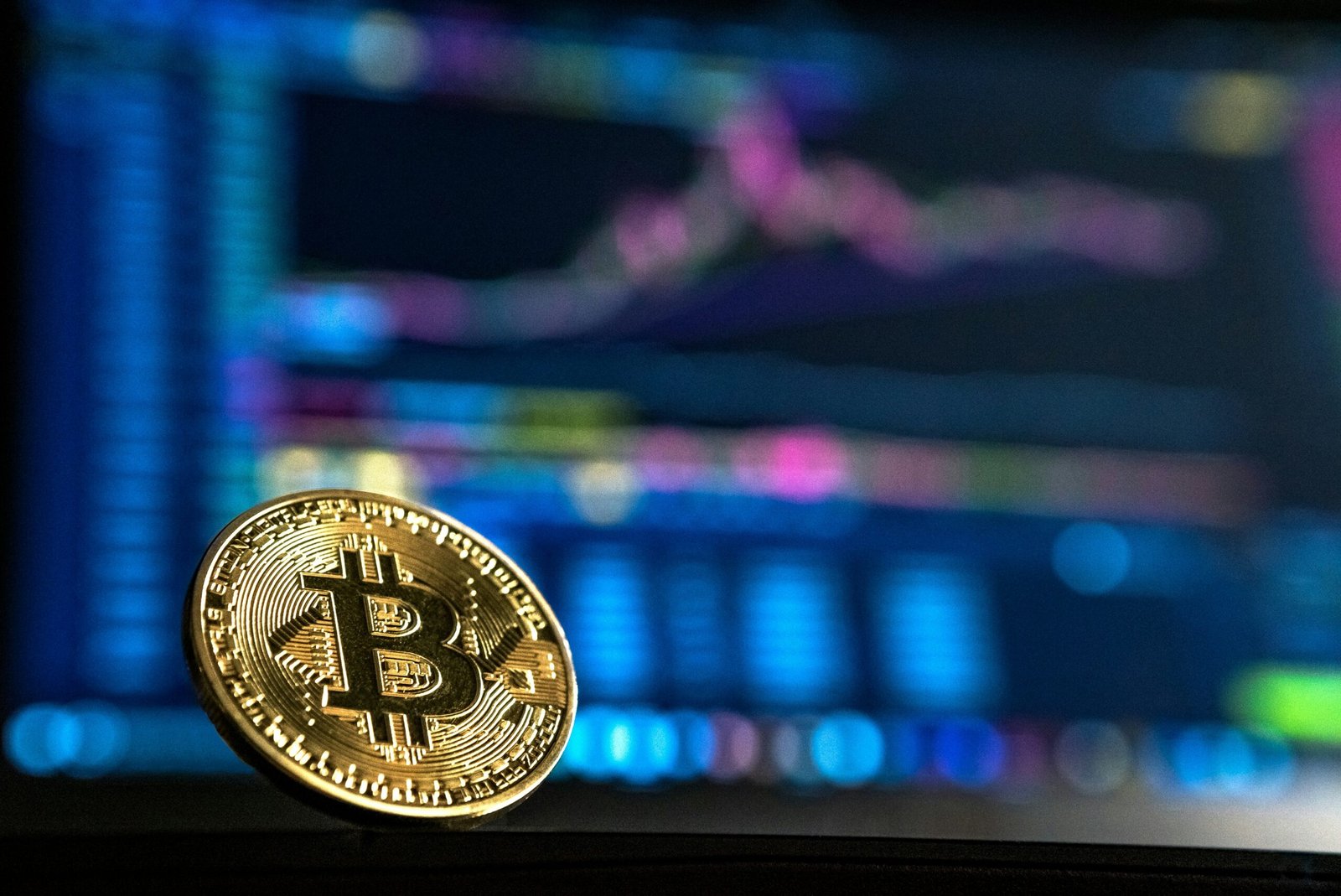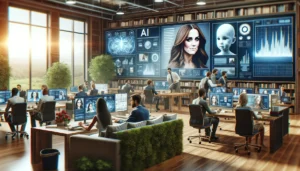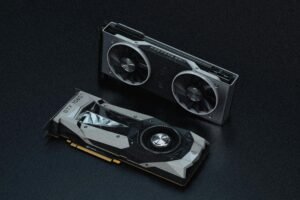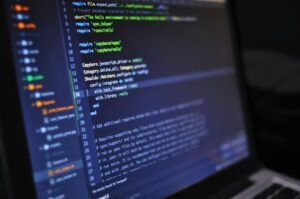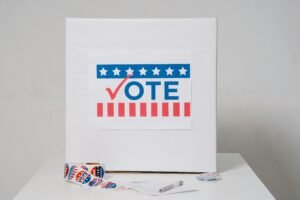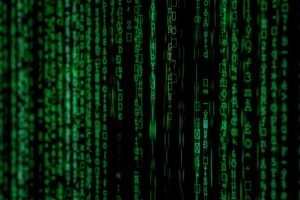“AI” Battle over Artistic Integrity as the Carlin Case Unfolds

In a groundbreaking lawsuit, the family of the late comedy legend George Carlin is taking a stand against the misuse of AI in reproducing celebrity personas. This legal action, which is gaining nationwide attention, raises crucial questions about the ethical and legal boundaries of AI technology in replicating human creativity.
A Synthetic Shadow of a Comedy Giant
The controversy centers on a purported AI-generated comedy special, “George Carlin: I’m Glad I’m Dead”, released on the Dudesy YouTube channel. This channel, run by Canadian comedian Will Sasso and podcaster Chad Kultgen, presented an hour-long special featuring a voice and style eerily reminiscent of Carlin’s. The estate of George Carlin, spearheaded by his daughter Kelly Carlin, argues that this AI imitation not only infringes on Carlin’s copyrighted material but also damages his legacy by introducing inauthentic content into his body of work.
Legal and Ethical Quandaries in AI Entertainment
This case is not just a legal battle; it’s a moral compass for the entertainment industry’s future. AI’s growing capability to mimic human expression poses significant concerns. While technological advancements have their merits, they also bring forth challenges in preserving the authenticity and rights of artists, especially posthumously.
The Ripple Effect: Beyond Carlin
The Carlin lawsuit could set a precedent for how AI is used in entertainment. Notably, this isn’t Dudesy’s first controversy. A previous AI-generated comedy special, imitating football star Tom Brady, was removed after legal threats.
The Carlin Legacy: A Stand for Artistic Purity
Kelly Carlin’s poignant remarks highlight a profound respect for her father’s work. She emphasizes that the unique essence and genius of a human artist cannot be replicated by machines. This lawsuit is not just about the Carlin family; it’s about protecting the sanctity of human creativity against the impersonal nature of AI.
The outcome of this lawsuit could significantly influence the role of AI in replicating celebrity personas and content. It’s a landmark moment in the ongoing debate about AI’s impact on creative industries and intellectual property rights.

